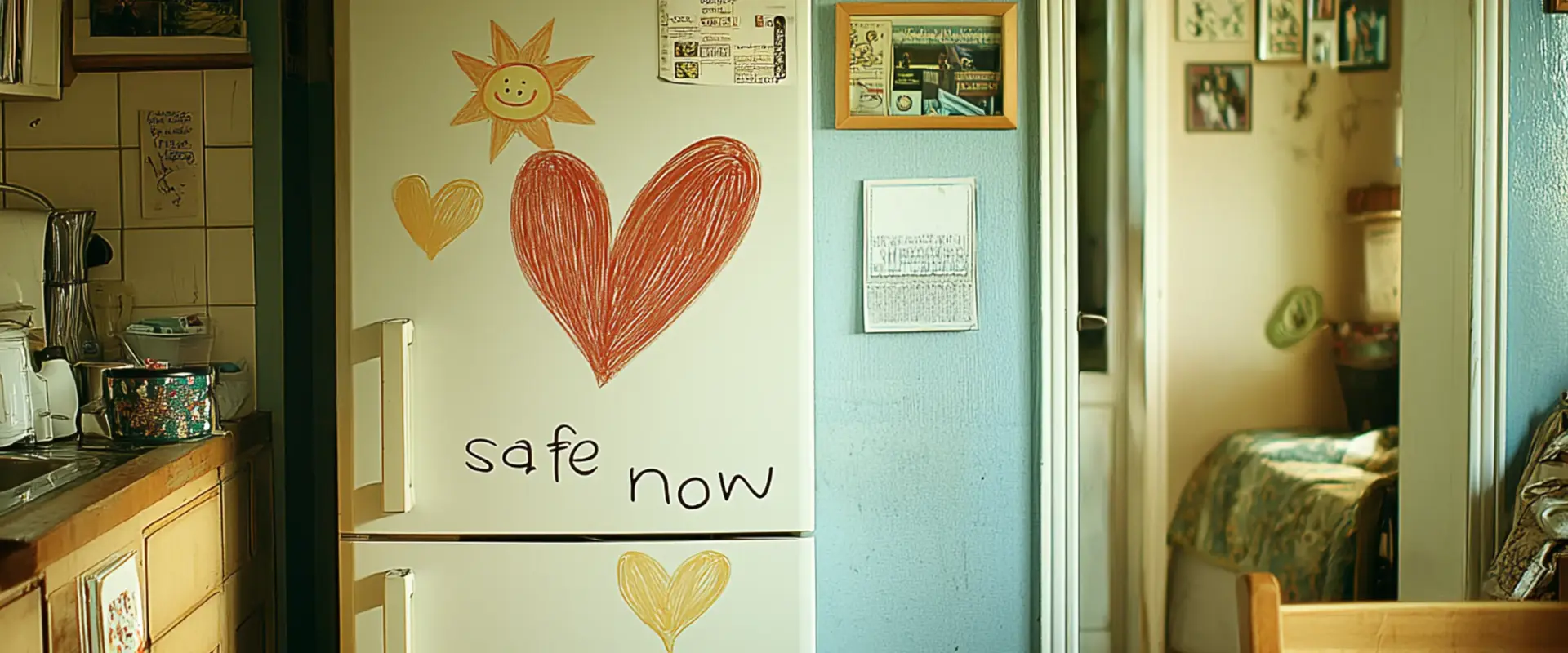Matching Process


Matching is a pivotal step in the foster care journey, demanding careful consideration to ensure that children and young people are best placed with foster carers who have the capacity to support their individual needs. This process helps establish a solid foundation for successful and lasting care experiences for children and young people.
The Matching process involves collaboration between you and your Supervising Social Worker, to evaluate various factors related to your personal circumstances and experience. It identifies your transferable skills eg, parenting or working with children, personal attributes, and also skills that are acquired informally. For instance, natural creativity can be beneficial, especially in practices like Theraplay®, which supports healthy relationship building through play-based strategies. Additionally, your previous roles and personal resilience will be taken into account, along with your support network and access to any needed local amenities or services.
Matching hinges on thoughtful decision-making and communication among all parties involved. A successful match relies on whether the skills and experience of the Foster Carer align with the needs of a child or young person seeking a secure and caring home. The emphasis is on cultivating positive relationships to ensure the child feels safe and comfortable in their new environment.
The matching process considers factors such as :
- The age of the child or young person
- Their life experiences and how this has affected them
- Details about former care experiences
- Interests and hobbies, personalities of the child/young person and the carer
- Developmental needs and additional support to keep the child safe
- Family time -contact with family members including brothers and sisters
Identity and belonging, including factors like; ethnicity, race, cultural background, sexual orientation, gender, religion, and language are crucial considerations in the matching process. Social workers and Foster Carers must be aware of the complexities of this, guarding against systems of disadvantage that could lead to discrimination.
Talking and sharing information about shared experiences, preferences, and values helps ease anxiety for both children and their carers.
The goal is to help form positive relationships between everyone involved, including those relationships which are important to the child eg. their siblings and extended family.
Get Your FREE foster carer info pack!
We'll send over your free foster carer info pack as soon as possible to help you get started on your journey. Here at Care Visions we will support you to decide if fostering is for you. There is no obligation to foster if you start talking to us, we just simply want to assist you in your journey. So why not get in touch today.